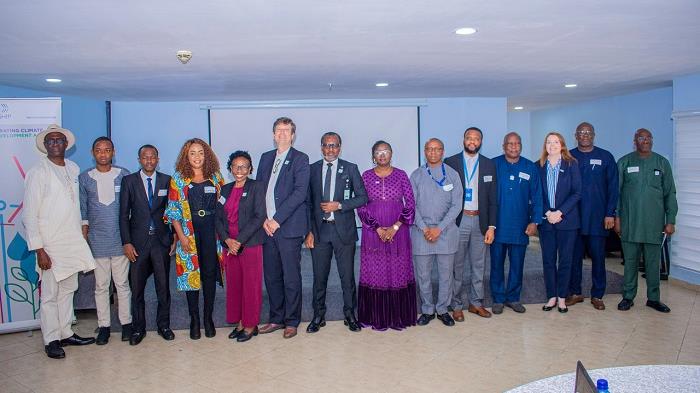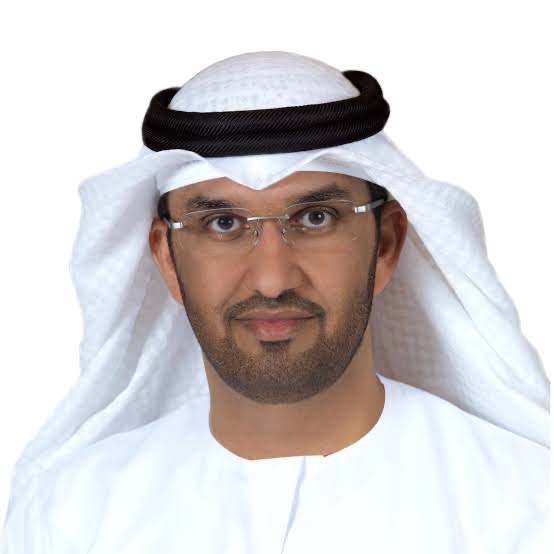A civil society organisation with a focus on the environment, the Health of Mother Earth Foundation (HOMEF), has called for caution over the planned investment by the Government of the Arab Republic of Egypt in the Ogun Agro Processing Zone.
HOMEF’s Director, Nnimmo Bassey, in a statement mailed to DA News the plan could harshly affect the access to farmland and the livelihoods of the citizens of Ogun State.
According to him, “It may simply turn out to be a massive land grab and will subvert the achievement of food security in Nigeria.
“It is unacceptable that our agricultural land should be taken up in this manner to plant crops, process the product, and export the proceeds back to Egypt. It is colonial in conception and will undermine the local economy of the people.
“This investment is about turning our farmers into farmhands and making them become cheap disposable labour to produce food for Egypt while we continue to depend largely on food imports,” he said.
HOMEF’s programmes director and lead on Hunger Politics, Joyce Brown, in the statement, warns against the practice of monocropping, stating that it has serious implications for biodiversity, nutritional diversity, soil fertility, and the economic well-being of the people.
“It is clear that the proposed investment by the government of Egypt prioritises monoculture and export-oriented production at the expense of local food needs. This negates efforts at improving Nigeria’s food security. This can fuel economic dependency and volatility,” she added.
The group further condemns the forceful uptake, transfer, and redistribution of lands to foreign speculators by state governments under the guise of addressing food insecurity.
It argued that land is central to our culture and economy, and well-being and is key to a rich tapestry of human experience besides providing a sense of identity, belonging, and meaning to individuals and communities alike.
The organsation underscored the importance of recognising and respecting these interconnections not only for food security but for fostering cultural diversity, preserving ecosystems, and promoting sustainable practices that honour both the land and the cultural practices associated with it.
“The best investments in agriculture at this time will be such that prioritises local food needs and should be hinged on collaboration with farmers, promote biodiversity, build our ecosystems, cool the planet and assure food sovereignty/food security” it stated.





